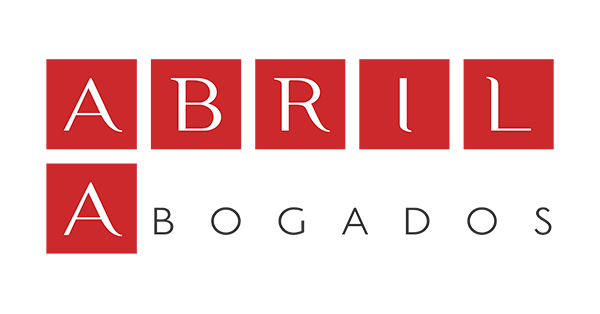
The CJEU accepts the application of the private copying exception to cases where a natural person makes copies for private, non-commercial use by uploading protected works to a cloud storage service.
On 24 March, the Court of Justice of the European Union ruled on an important copyright case (Case C-433/20, Austro-Mechana), specifically on the private copying exception, an issue that traditionally raises doubts, not only about its scope but also about how fair compensation should be managed to compensate the owners of the reproduction right that is affected.
Thus, with the emergence of new technologies, new forms of exploitation of works have arisen that require clarification as to how copyright law should be applied. In this case, the CJEU had to decide on the storage of protected works in the cloud for private purposes, a practice that is becoming increasingly widespread among users.
The dispute that gave rise to this judgment comes from Austria, where the collecting society Austro-Mechana, which is in charge of collecting the compensation that rightholders receive for the private copying exception, sued the company Strato AG, a cloud storage service provider, to pay such compensation.
At first instance, the claim was dismissed, but on appeal, the Vienna Regional High Court referred a question to the CJEU for a preliminary ruling to shed light on two elements of private copying that were unclear in this case. The first question concerned whether when Art.5.2.b) of Directive 2001/29 (referring to the private copying exception) uses the expression “reproductions on any medium”, it also includes servers belonging to third parties, where the latter provides natural persons (the customers or users) with storage space for private use (without direct or indirect commercial purposes) on which the customers make reproductions by uploading works. The second question concerns whether the aforementioned Article 5(2)(b) of the Directive precludes national legislation which incorporates the private copying exception and which does not subject cloud storage service providers to the payment of fair compensation for the unauthorised reproduction of protected works by natural persons for private, non-commercial use.
With regard to the first of the questions, the CJEU starts from the existing conception of the Reproduction Right, indicating that this right must be understood in a broad sense in order to “achieve a high level of protection in the interests, in particular, of authors”. Thus, the action of uploading to a cloud storage service from a user’s device constitutes, in essence, storing a copy of the work. It is therefore a reproduction within the meaning of Art.5.2.b).
As regards “any medium”, the CJEU states, firstly, that this is an autonomous concept of European Union law, and secondly, that it refers to all media on which the work can be reproduced, and must therefore include cloud storage servers. Even more importantly, the Court states that it is not decisive for these purposes that the storage space is made available to the user on a server belonging to a third party. The latter because, in the more traditional conception of private copying, one would imagine that the medium on which the copy is made is a physical medium that the user has at home and which he is going to use for private purposes, this medium being his property. However, in the technological society in which we find ourselves, this conception does not cover all the cases of private copying that may arise. In the end, as the CJEU rightly points out (par.25-30), it is a matter of adapting copyright law to the changes resulting from technological advances and the information society, always maintaining a balance with the interests of copyright holders who need special protection.
On the second of the questions referred for a preliminary ruling, the CJEU reiterates that the Member States which adopt the private copying exception have a wide margin in establishing the elements which make up the system of compensation to authors. However, such fair compensation is an obligation of result which must ensure that authors are compensated for the harm suffered. Within this margin, the payment of compensation does not necessarily needs to be imposed on the providers of a storage service, provided that it ensures compensation to rightholders in other ways.
In conclusion, the CJEU accepts the application of the private copying exception to cases in which a natural person makes copies for private, non-commercial use by uploading protected works to a cloud storage service. And national legislation does not necessarily require the payment of fair compensation to the providers of such storage services, provided that it ensures fair compensation to rightholders in other ways, such as establishing a levy on end users when purchasing devices and media that can be used to make copies, and/or on the producers and importers of the servers through which the cloud storage services are offered.

